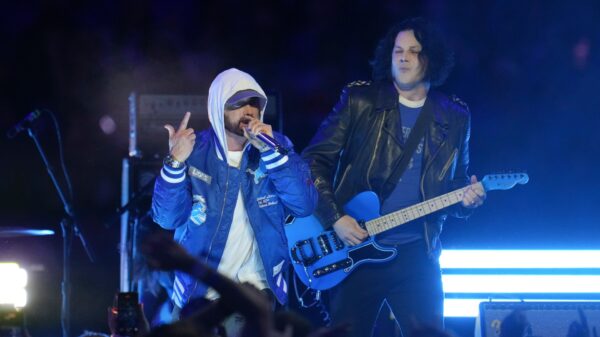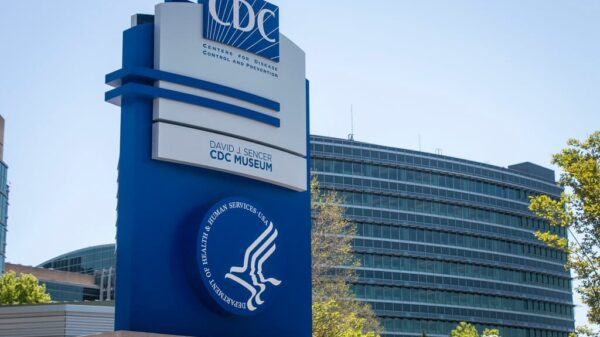DEVELOPING: Hamas has just released seven hostages into the custody of the Red Cross, marking a pivotal moment in the ongoing ceasefire between Israel and Hamas. This release is the first of its kind after a brutal two-year conflict in the Gaza Strip, igniting hope and relief among families of the captives.
The hostages were handed over on Monday, but details regarding their health and condition remain undisclosed. Hamas has announced its intent to release a total of 20 living hostages in exchange for more than 1,900 Palestinian prisoners currently held by Israel. The emotional atmosphere was palpable as Israeli television aired the moment of the handover, with families erupting into cheers across the nation.
Public screenings in cities including Tel Aviv drew tens of thousands of onlookers, eager to witness this historic moment. Meanwhile, Palestinians await the release of numerous prisoners held by Israeli authorities, amid heightened tensions in the region.
As the situation develops, U.S. President Donald Trump is en route to the region to discuss a proposed deal and post-war plans with international leaders. His arrival coincides with an expected surge of humanitarian aid into Gaza, where countless residents face dire conditions. Reports indicate that hundreds of thousands have been rendered homeless due to the ongoing conflict.
The ceasefire marks a critical juncture, with the potential to reshape the future of Gaza and the dynamics between Israel and Hamas. Since the outbreak of hostilities following the October 7, 2023 Hamas attack, which resulted in the deaths of approximately 1,200 Israelis and the capture of 250 hostages, the toll on both sides has been devastating. The Gaza Health Ministry reports over 67,000 Palestinian deaths, raising urgent questions about the humanitarian impact of the war.
Israeli Prime Minister Benjamin Netanyahu faces scrutiny over the government’s response to the hostage situation, with many accusing him of political maneuvering. The ceasefire agreement was reached under significant international pressure, and the release of hostages could signal a turning point for Israel, as public sentiment shifts towards a resolution.
The logistical details of the prisoner exchange are still being finalized. It remains uncertain when or how the Palestinian prisoners will be released. Among those slated for exchange are 250 individuals serving life sentences for attacks against Israelis, alongside 1,700 others detained during the conflict.
Following the release, the hostages will be transferred to an Israeli military base to reunite with their families. However, the fate of up to 28 other hostages remains unclear, as authorities have initiated efforts to locate any deceased individuals who are not returned within 72 hours.
While the ceasefire brings a glimmer of hope, key issues such as governance in Gaza and the future of Hamas remain unresolved. Israel seeks assurances that Hamas will disarm, while Hamas demands the complete withdrawal of Israeli troops from the region.
As discussions continue, the international community is closely monitoring the situation. A proposed U.S. plan suggests an Arab-led international security force could oversee Gaza, with Palestinian police trained by Egypt and Jordan. However, Netanyahu has indicated skepticism towards any role for the Palestinian Authority, led by Mahmoud Abbas, in the post-war governance of Gaza.
The humanitarian crisis in Gaza deepens, with the United Nations reporting plans to deliver 190,000 metric tons of aid to the region. The humanitarian chief has described Gaza as “a wasteland,” underscoring the urgent need for assistance as efforts to restore basic services ramp up.
As the world watches, this hostage exchange could be a significant step towards lasting peace, but many questions linger about the future of Gaza and the broader Israeli-Palestinian conflict. Stay tuned for further updates on this developing story.



































































